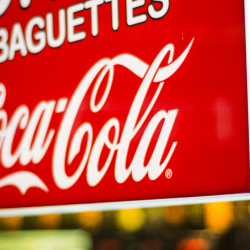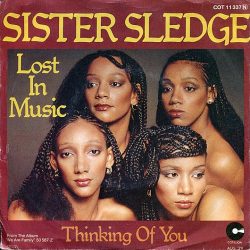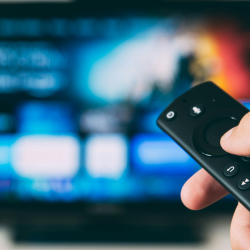Corporate hazing, addiction, sexism and misogyny are just a few of the toxic and intoxicating elements that drive the drama in Agency (2023). A Korean series that follows a self-made creative director as she battles her way to the top of a Korean Ad agency. Now available with subtitles, Agency brings to life Korean ‘chaebol-owned’ ad agency culture for the English-speaking world. ‘Chaebol-owned’ can be simply explained as owned by a massively rich family. Think generational wealth (full disclosure: we work at a chaebol-owned ad agency in Seoul).
The series is unique for Korea
Firstly, the drama depicts the power of female solidarity in the Korean workplace. Women, especially those from disadvantageous backgrounds, have limited opportunities to shatter the pervasive glass ceiling in Korean Ad agencies. In the series, however, in the end, women rise to the occasion and support each other in the cut-throat competition with their misogynistic male counterparts. Second, Agency concerns itself with the plight of middle management and leadership, instead of having a focus on working level pains and frustrations like most Korean series. Finally, through all her rises and falls, the female protagonist has no love interest. An unheard-of situation in K-drama.
Binging the series and comparing it to the realities of Ad agency life, many of the storylines depicted in the series sadly ring true, in Korea as well as abroad. The female lead that pushes to be top-dog creative director and CEO is waylaid by men that (still) don’t believe women are up for the job. Ring a bell, anyone? I remember being head of strategy and having run-ins with an ECD, who never ever supported the work of the (one and only!) female creative team we had around. Their work never ‘felt right’ and when reviewed… he found them too emotional for comfort. It’s only recently that female creative directors or even ECDs are popping up left and right, in Korea and beyond. (Full disclosure: our chaebol-owned Korean agency is led creatively by an amazing female CCO.)
Agency’s lead character resorts to prescription drugs and alcohol to win at her job
Played by the magnificent Lee Bo Young, who is always dressed to the nines, the series glamorises being an alcoholic and a workaholic, a not unheard-of stance in many agencies. And although it is a pity that the series attributes her mental health problems to her poor (and hard) past, we can all acknowledge that mental health problems are abound at Ad agencies all around the world.
In one story Agency’s quirky copywriting mum is caught between a rock and a hard place, as her female boss promotes her whilst her family tries to blackmail her into staying at home. What makes the series likeable and yes, modern, is that mum does not cave. Even if the working hours and ‘pitch culture’ make it hard for her to keep her promises to her child. In the end she cajoles her family, including her live-in mother-in-law, into submission. Looking around at many agencies worldwide, it’s still hard for parents (of any gender) to leave in time to do the school run. Whether it’s in The Netherlands, Germany or Korea, it’s mainly been the Ad-Mums we see running out, whilst getting exasperated stares. One women’s tale from Agency revolves around the ‘ugly-duckling’ strategist. She’s passed over for promotion because she does not look the part of a ‘creative agency girl’. The sexism inherent in this is so terribly old school, that it feels outdated in real life.
The series’ title nicely reflects themes of self-determination and agency as a fundamental source of strength. Most characters in the series fight to be in control of their own destiny and demonstrate how hard agency is to achieve in advertising. All in all, Agency is an-over-the-top, glamorised and soapy version of an Ad agency, one we’d never encounter in real life. The series is more focused on company politics and being a woman in a male-dominated workplace than it is about advertising. Even if advertising has its fair share of that.
Featured image: Agency stars Korean actress, Lee Bo Young, as the ambitious creative Go Ah In
































